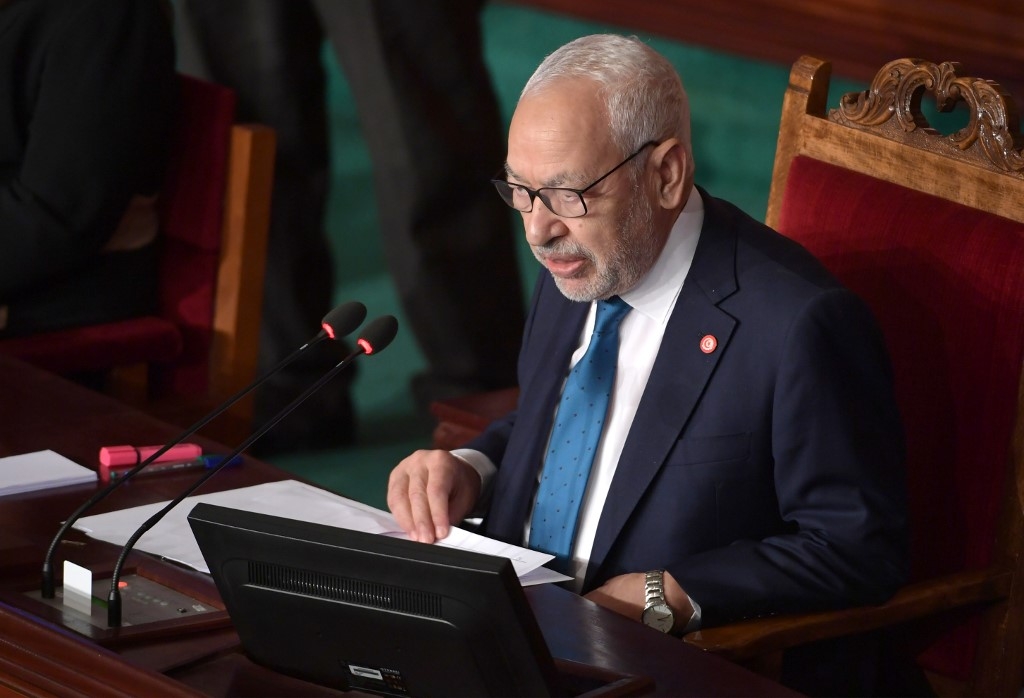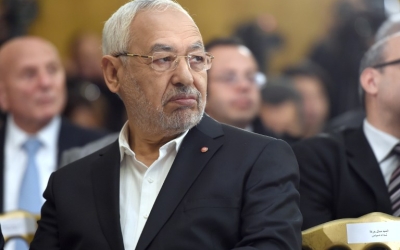Tunisian parties seek to oust parliamentary speaker Rached Ghannouchi

At least five Tunisian parties are set to launch a vote of no confidence in Rached Ghannouchi, accusing the parliamentary speaker and co-founder of the Ennahda party of pursuing partisan interests. The country's political crisis deepened further on Sunday when members of Ennahda, Tunisia's moderate Islamist party, joined calls for a new government.
The no-confidence motion poses the biggest challenge yet to Ennahda, which first took power in 2011 after the Arab Spring uprising but was forced to step down in 2013 after a series of protests.
Pressure on the government has mounted in recent weeks, after opponents called for the resignation of Prime Minister Elyes Fakhfakh over an alleged conflict of interest.
On Sunday, Ennahda, the main party in the ruling coalition, said it supported calls to change the government.
Ennahda said it wanted "to hold talks to form a strong new government because this government lost credibility after suspicion of conflict of interest involving the prime minister," Imed Khemiri, a senior Ennahda official, said.
New MEE newsletter: Jerusalem Dispatch
Sign up to get the latest insights and analysis on Israel-Palestine, alongside Turkey Unpacked and other MEE newsletters
Last month, an independent member of parliament published documents indicating that companies Fakhfakh owned shares in had won deals worth 44 million dinars ($15m) from the state. The prime minister has rejected accusations of corruption.
Mohamed Ammar, from the Attayar party, said that a group of parliamentary blocs agreed to start the process of withdrawing confidence from the speaker, citing numerous violations, poor management and unilateral decisions that served partisan interests.
These blocs included the Tahya Tounes, Attayar, Chaab and Reform parties, which are in the coalition with Ennahda.
The Free Constitutional party, led by Abir Moussi, a supporter of former President Zine El Abidine Ben Ali, overthrown in the 2011 revolution, has been campaigning to oust Ghannouchi for weeks.
Moussi's party has accused Ghannouchi of serving the Muslim Brotherhood’s agenda and foreign allies, including Turkey and Qatar.
Ghannouchi has rejected these accusations, arguing that Tunisians want a government focused on economic and social policy, not political in-fighting.
Procedures for withdrawing confidence require the signature of 73 members of the house for it to be put to a public vote. To succeed, 109 lawmakers will need to vote for no-confidence.
The five parties have about 90 members.
Middle East Eye delivers independent and unrivalled coverage and analysis of the Middle East, North Africa and beyond. To learn more about republishing this content and the associated fees, please fill out this form. More about MEE can be found here.





